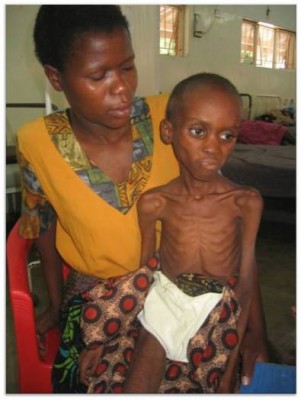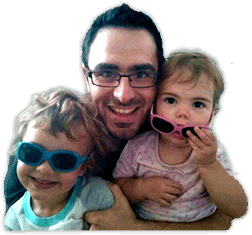 Day Five: Paediatrics
Day Five: Paediatrics
The first step today was a presentation from the energetic Ian Spillman, with piles of horrific statistics. Sadly, as he said, behind the statistics are real children…
We live in a world of difference. For many families, feeding is a case of “have the rains come?”. 40% of under five deaths are neonatal. If you improve sanitation, you see ~25% improved in under 5 mortality. The most common causes of death are diarrhoea, birth asphyxiation, diarrhoea and malnutrition.
